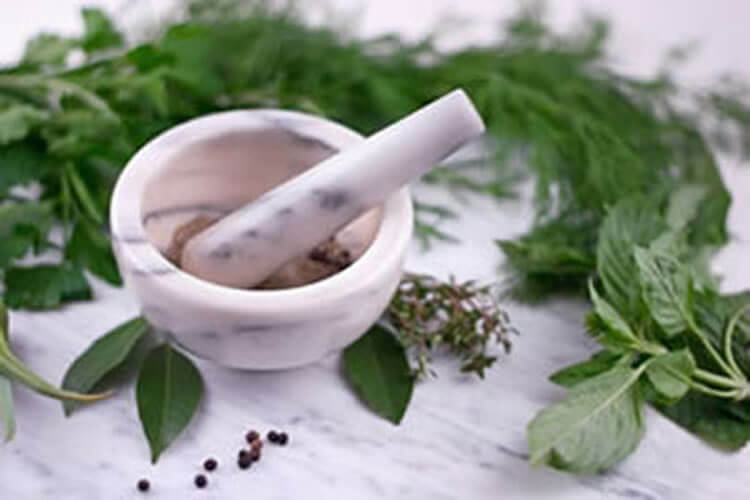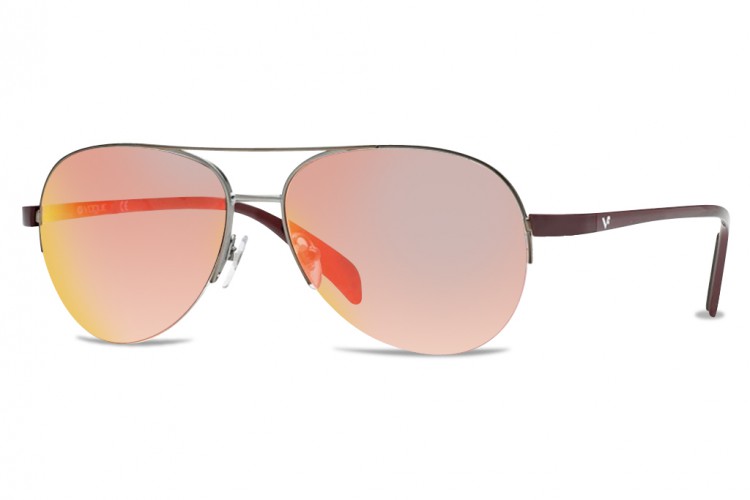Use Of Herbs To Beat Stress
In modern times, many people are discovering that constant anxiety is eroding their quality of life. One of the reasons is tension that has becoming companion of man due to mental work over physical work. Mental exhaustion can manifest itself in chronic fatigue, headache, depression, boredom, overeating, bloating and sleep disorders.
Few tips to calm the nerves and combat stress:-
- Herbs like ashwagandha, eleuthreo and tulsi act as nervine adapt gens and reduce stress hormones such as cortisol. Among the herbs that relaxes nervous system are jasmine and chamomile tea, passion flower and blue vervain and they taste good.
- Jatamansi has sedative properties and is very effective in treating anxiety, insomnia, migraine and also used in treating Parkinson’s and Alzheimer’s too. Brahmi revitalizes brain, removes toxins and blockages in nervous system and improves memory and concentration. Herbal oil vacha aggravates pitta and improves vata and kapha doshas. It boosts memory and treats depression and anxiety.
- Oats with cow’s milk are beneficial.
Emotions are said to have an effect on the body, so nutrition, herbs, oil massages, herbal oils, exercises and meditation can go a long way in alleviating urban stress.


